Houses have their value and worth. When building a house it should be built bearing in mind that certain things would count as value or loss if peradventure that house is put up for appraisals or to be sold out in the future.
Rooms that have no function or good usage for a house would not add value when appraisers come to check or know the cost the house should go for, and if such happens it might result in a total loss to the former owner of the house.
When building a basement in a building, it is important to make the basement to be above grade instead of having it as below grade. This is because below-grade basements are generally not seen as useful in a house by home appraisers and surveyors, they count it as a waste of money as long as it is below grade.
However, if the basement is above grade they would add it up as part of the appraisal because of what such rooms are intended to be used for, or what the basement stands to benefit the house.
The question is, do basement bedrooms count on an appraisal?
Yes, basement bedrooms count on an appraisal for a home if the bedroom meets basic living standards such as windows, doors, etc to be qualified as a bedroom. If the basement bedrooms are what the appraisers see as what would benefit the owner of the house, they would add it up on the appraisal, but if they see it as what would not benefit the owner of the house they would count it out when they are appraising the house.
This is to say that adding basement bedrooms on an appraisal is a 50/50 thing, depending on the functionality and usage of such basement bedrooms to the house owners and appraisers.
Table of Contents
Rooms for Appraisal: An Overview
Talking about appraisal, it is a form of an opinion of value used by estate surveyors for planning an estate, financial planning, or deciding on the final price the place should be put upon for sale.
Appraising a room hereby is a dorm of value and opinion of what the room is worth, the size, length, where it is located and the value of money it should be placed on in cases where the owner wants to put it up for sale. The appraisal contributes to the final decision of the value of what the room should be or what it should go for financially.
In handling a room’s appraisal there are stipulated guidelines that must be followed, this is to say that one surveyor cannot have a different way of appraisal for a room while the other person would have a different one altogether, no, there are general rules and guides for measuring a room and taking the size for cases of appraisal.
The appraisal has to do with all parts of what makes up the room, and what the room stands for. The stipulated rules and guide is a determinant factor that would help the appraisers draw or come to a conclusion of what and how the room appraisal would be when they are done with everything they need to do.
This is very important and it would become the drawing line of the value or worth of a property.
Do Basement Bedrooms Count on an Appraisal?
As far as the basement is fully completed, yes it would count on an appraisal for the value of a room but you still need to bear in mind that such would not be added up in form of a net profit for the owner of the house. In other words, it has a limit to the value it would add to the appraisal of a house.
This is very important and should be carefully noted by everyone in the estate and homeland surveying process. Builders know this very well and they would also have it at the back of their mind while appraising a house that has a basement in it.
While costing and appraising a basement, it would be looked at if the basement is below grade or above grade, this is very important. If the basement is below grade, it would be lower in cost while the above grade ones would cost higher than the below-grade type of basement for appraisal.
What this implies is basement bedrooms would count on an appraisal depending on the type of basement it is, and also depending on if it is fully completed or not, and the bottom line is that it would not add up to the net profit of the house that is been appraised.
How Much Value Does a Basement Bedroom Add?
The value of what a basement bedroom would add for an appraisal can be a huge challenge most time. Appraisers may find it difficult depending on some circumstances surrounding the basement bedroom. The value of a basement square footage would not be the same as the value of an above grade basement square footage, they would never be valued on the same level when put up for appraisal.
It is also important to note that surveyors do not add below-grade footage as value to an entire house, this is to say that the square footage of a below-grade basement is not added up as value for a building when it is been appraised.
The value would be based on if the basement is fully completed or not and also it would be based on the fact of the functional value of such basement to the building.
Is it worth been used for something meaningful or is it a basement room that the owner would end up not using for anything in the future? These are some determinant factors that are been looked into while looking at the value a basement bedroom would add to when a house is been appraised.
The total value of a fully completed basement space would be valued between 50 to 60 of the value of an above-grade basement square footage.
Most experts when it comes to building and appraisal would always advise homeowners to the entire budget of a basement below 10 of the entire house value. This is to say that staying between the lines of 5 to 10 of the entire value of the home for a basement is the ideal way to go.
Can a Finished Basement Count Toward the Home’s Square Footage?
Some general guidelines and principles guide appraisers when they are appraising a home, and that becomes a binding factor to whatever they are doing, and they would generally not deviate from their principles to make you excited or feel happier.
On a general note, the principles that guide home appraisers forbid them from adding up the square footage of a finished basement as the overall square footage of the entire house, no, such would not be counted and added to make the appraisal come up a bit. Most especially if the basement we are looking at is entirely below grade basement.
Furthermore, it is important to note again that adding up a finished basement to the overall footage of a home during appraisal generally would be dependent on where you live, the country you are from, and the binding laws that guide home surveyors in your state or country. So the local authorities would also be a determinant factor if this should be added to the entire square footage of a home during appraisal or if it should be neglected.
Does A Walkout Basement Add Value in Appraisal?
Yes, a walkout basement would add value to an appraisal of a house; this is because of where the basement is located in the house and its importance to the entire building.
Remember that walkout basement are found above grade and they have a good portion of space in the house, they are also found in a sloppy spot and for this reason, they would add value when home surveyors or appraisers are appraising an entire house.
Since the above grade includes windows, they are added to the part of the basement that allows ingress and egress. Therefore, the walkout basement would add vales in appraising.
When Can Basement Bedrooms Count on an Appraisal?
Basement bedrooms can only count on an appraisal if they would be of good use and value to the buyers with ingress and egress such as windows, doors, etc. If the said basement bedroom can function as an added quarter or guest room in the house or serve any other good purpose, the appraisers would count it as part of the appraisal of a house.
It is important to note that when appraising, house buyers are looking out for what would be of benefit to them and what would not be of benefit to them, all these are contributing factors to whether basement bedrooms would count on an appraisal or not.
Conclusion
Houses are built for many purposes either to be used by the person that built them or to be sold out in the nearest future or even sold out immediately after building. Every part of a building has its value to a house and if they are of no value they would not add value to the worth or cost of the building if they are put up for sale. Appraisers would not be looking into what would not benefit them; they are only looking out for what would add value to the money spent on a house.

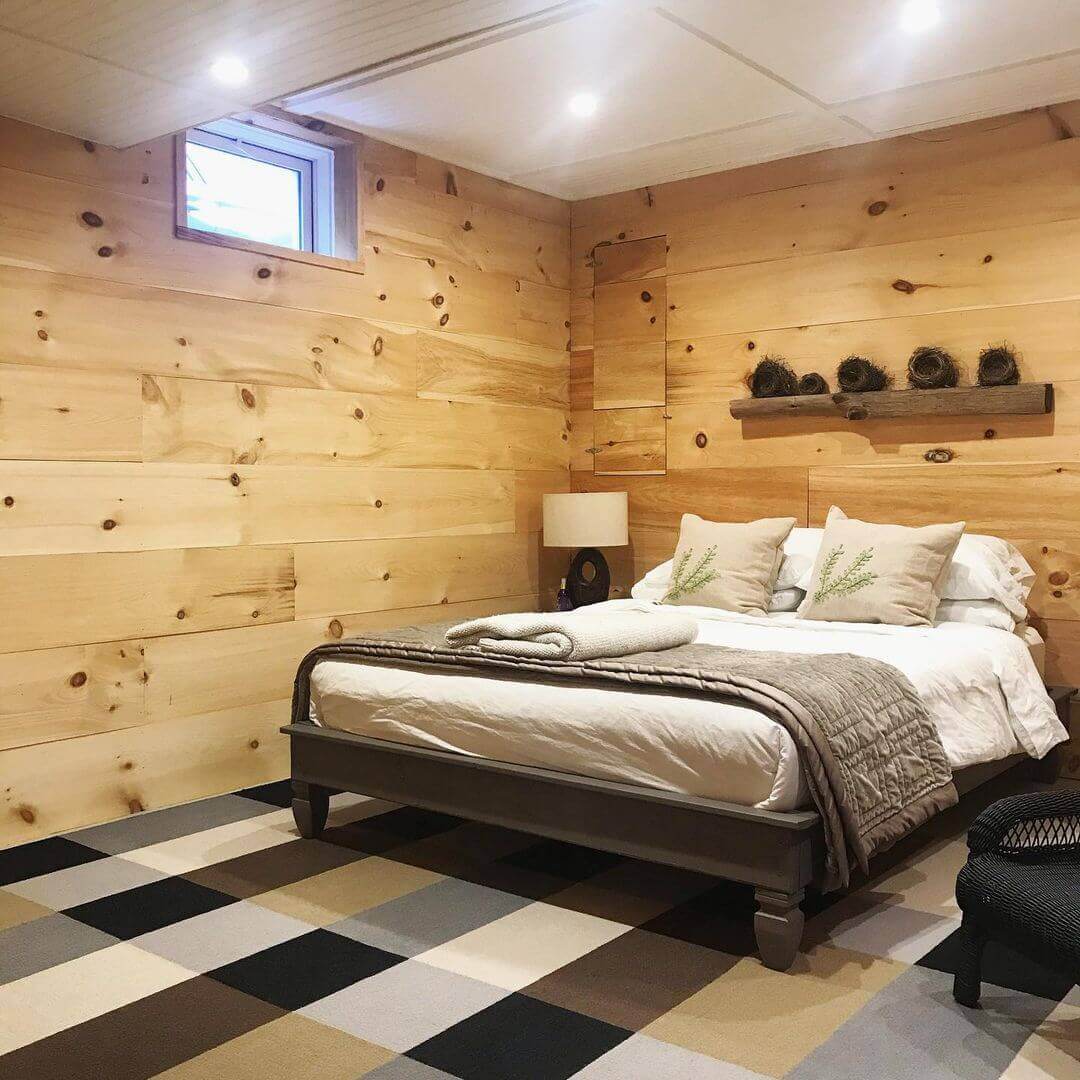


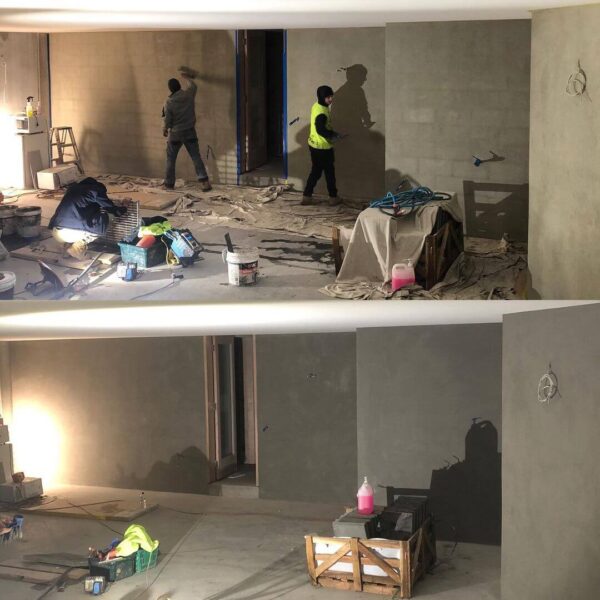
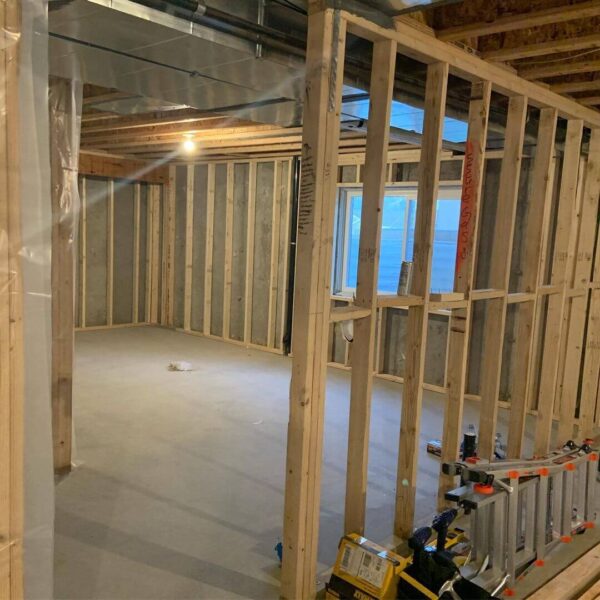

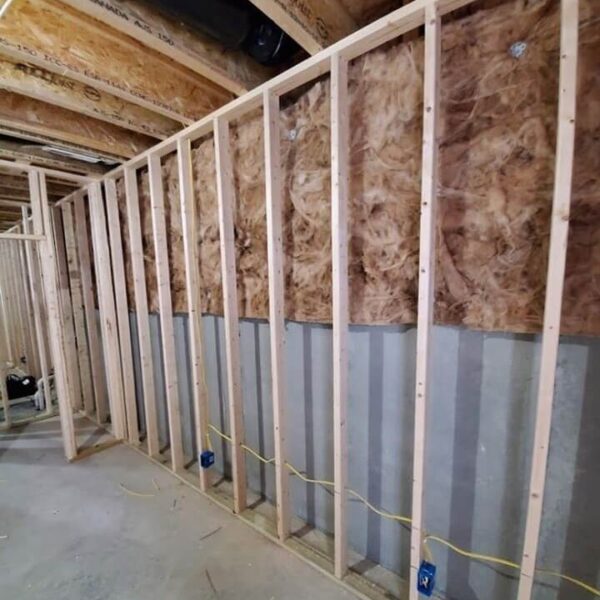
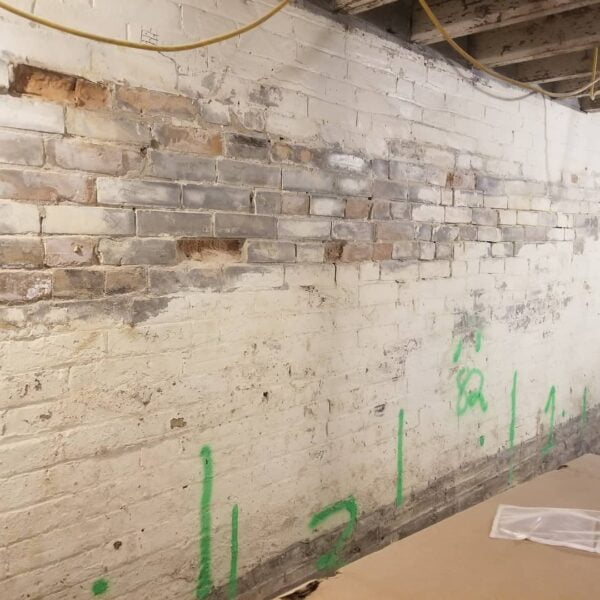

Leave a Comment